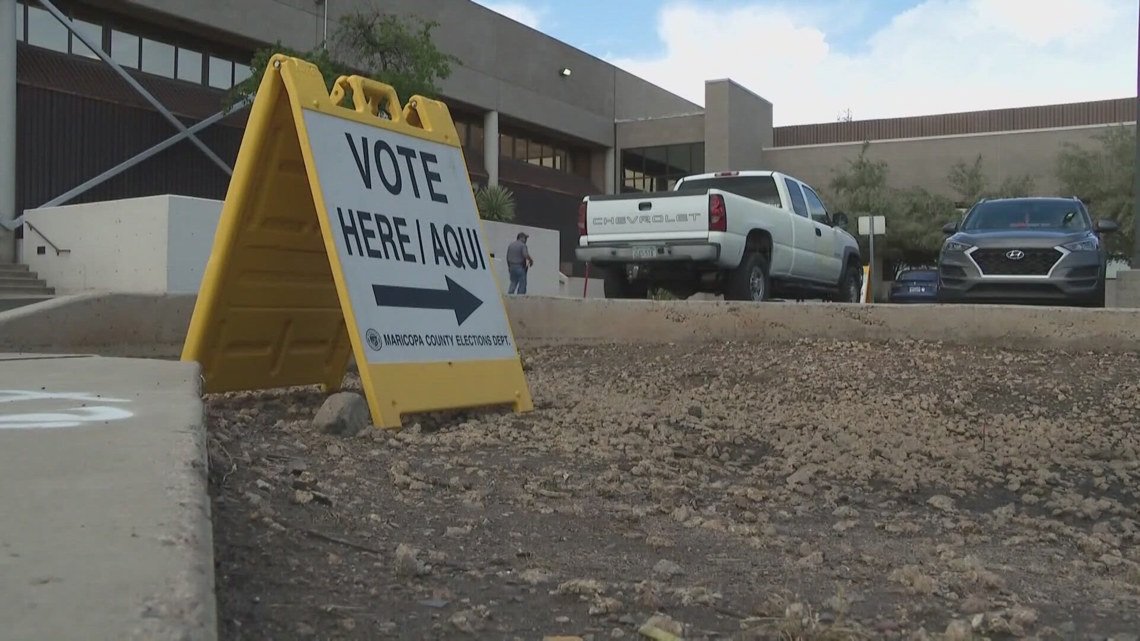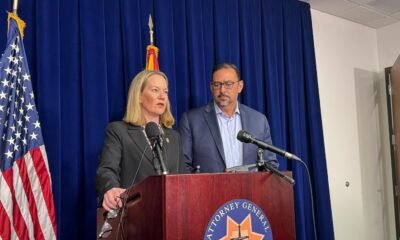arizona
Judge Rules Arizona’s Election Speech Restrictions ‘Overbroad and Unenforceable’

An Arizona judge has recently ruled certain speech restrictions, as listed in the state’s election procedures manual, to be “unenforceable,” causing a significant legal upheaval concerning voter intimidation policies.
Maricopa County Superior Court Judge Jennifer Ryan-Touhill has blocked the Arizona Secretary of State’s Office from enforcing specific provisions intended to prevent voter intimidation at polling places. The manual had historically outlined state laws prohibiting certain electioneering conduct within 75 feet of polling places. It also provided a detailed list of actions potentially constituting intimidation both inside and outside the polling area.
Prohibited actions included following voters to their cars, spreading false information at voting locations, posting signs about penalties for “voter fraud,” and using offensive language towards voters. However, Judge Ryan-Touhill found these restrictions to be “greater than necessary, vague, and overbroad,” raising concerns about their potential for arbitrary enforcement.
The judge questioned the clarity and enforceability of these provisions in her ruling issued on August 5. “What, for example, constitutes a person communicating about voter fraud in a harassing manner? Or, for that matter, ‘posting’ a sign in an intimidating manner?” she noted.
In response, the Arizona Secretary of State’s Office announced plans to appeal the decision. “This changes nothing with regard to existing statutes. It remains illegal to electioneer, take photos, and intimidate voters within the 75-foot limit,” the agency clarified in a statement.
The lawsuit was initiated by the Arizona Free Enterprise Club and the America First Policy Institute. In 2023, Secretary of State Adrian Fontes revised the state’s election manual to address an “atmosphere of increased threats and intimidation.” The prior year, Arizona’s Secretary of State’s Office reported receiving over a dozen complaints of alleged voter intimidation at ballot drop boxes. This followed an incident where an Arizona elected official encouraged vigilantes to monitor drop-off boxes and track individuals they found suspicious.
The judicial ruling now raises questions about the balance between protecting voters from intimidation and upholding free speech rights near polling places. As the legal battle continues, all eyes remain on Arizona’s evolving election integrity measures.


















